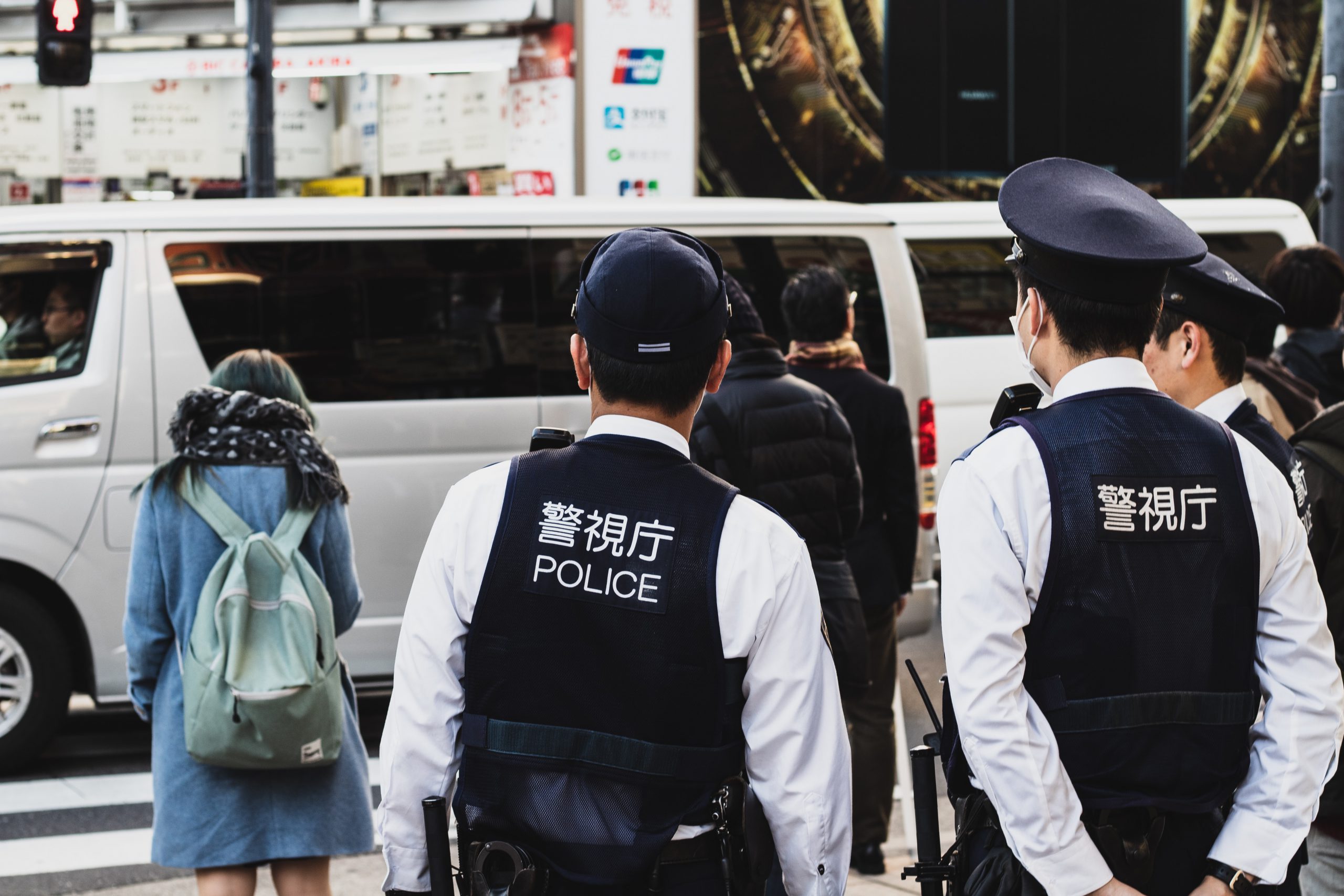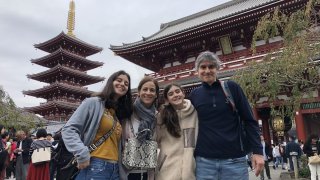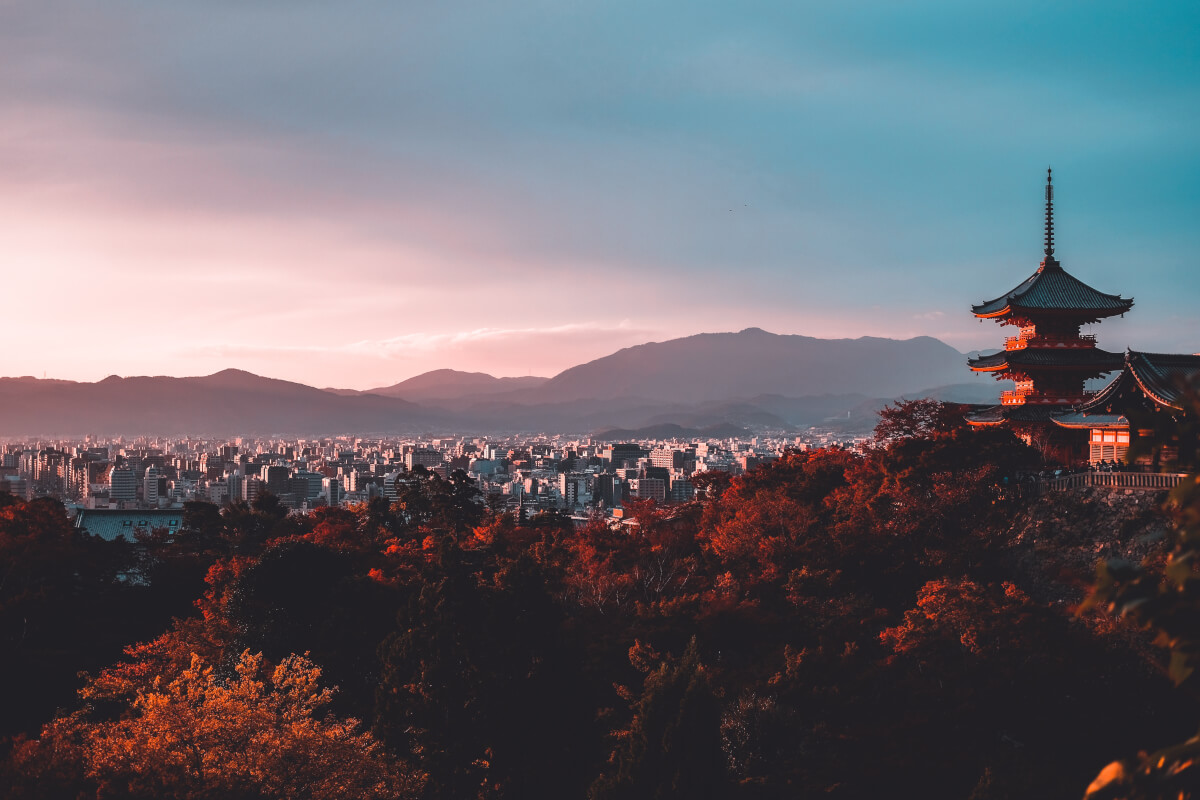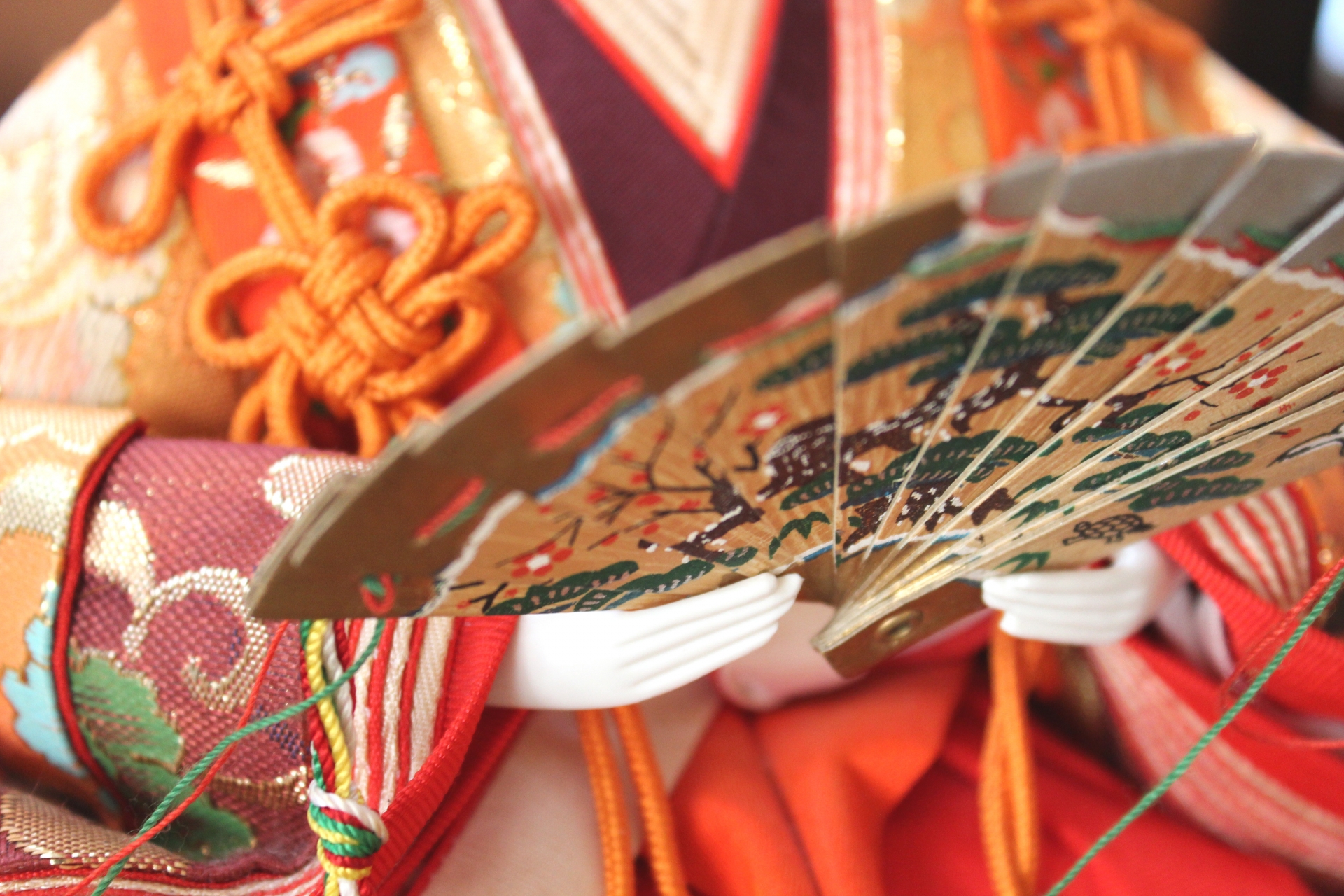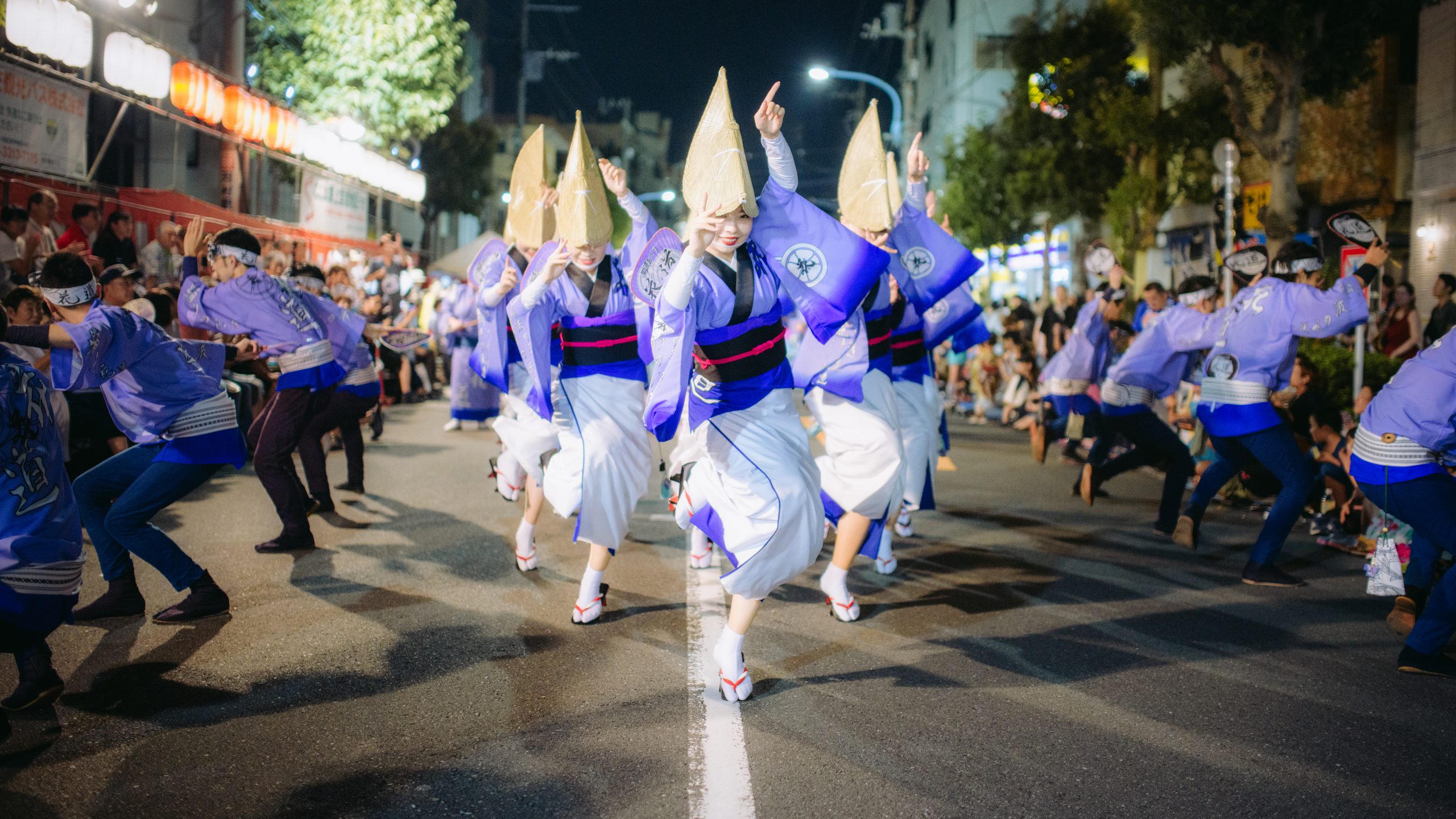Many travelers, especially those taking an overseas trip for the first time, are understandably apprehensive about safety in a foreign country. Personal safety is much less of a concern in Japan than it is in most other countries – after all, Tokyo was named the world’s safest city by the Economist Intelligence Unit, with Osaka coming in third. The country also has one of the lowest murder rates in the world; no matter where you’re from, Japan is likely the safest place you’ll ever visit.
That said, Japan’s friendly culture and low crime rate shouldn’t be an excuse to let go of common sense. It’s always a good idea to know a little bit about where you’re going and how to keep yourself protected. Natural disasters, medical emergencies, and situations involving the police do occur. We’ll go over these situations so that in the unlikely event of an emergency, you’ll know exactly what to do. That way, you can relax and enjoy a bustling city like Tokyo or a historical tour of Kyoto without worry.
Natural Disasters
1. Typhoon Season
If you’re traveling to Japan between May and October, you’ll be coming during typhoon season, and especially if you’re here during the peak months of August and September, it’s possible you’ll run into a typhoon. They vary in terms of severity, but some can last several days and involve powerful winds and a lot of rain. Most typhoons won’t affect your trip too much, but if a bad one occurs, you’ll have to hunker down in your hotel for a day or two to wait it out, and train travel may be suspended if it’s really bad.
Rain is a fact of life in Japan, and umbrellas are available for cheap all over the place. However, a typhoon is much more than rain, so if you’re planning to be in the country during typhoon season, check the forecast before your trip because you don’t want to end up stranded. If going on a multi-day hike or outdoor excursion, a typhoon could be extremely dangerous.
In 2018, a typhoon in the Kansai area was so strong it knocked out the bridge to Kansai Airport in Osaka. This meant thousands of travelers were unable to take their flights, and tourists had to wait until the crisis was over and find alternative routes home. Though rare, it could happen during your visit, so have a plan in place if your flights are canceled.
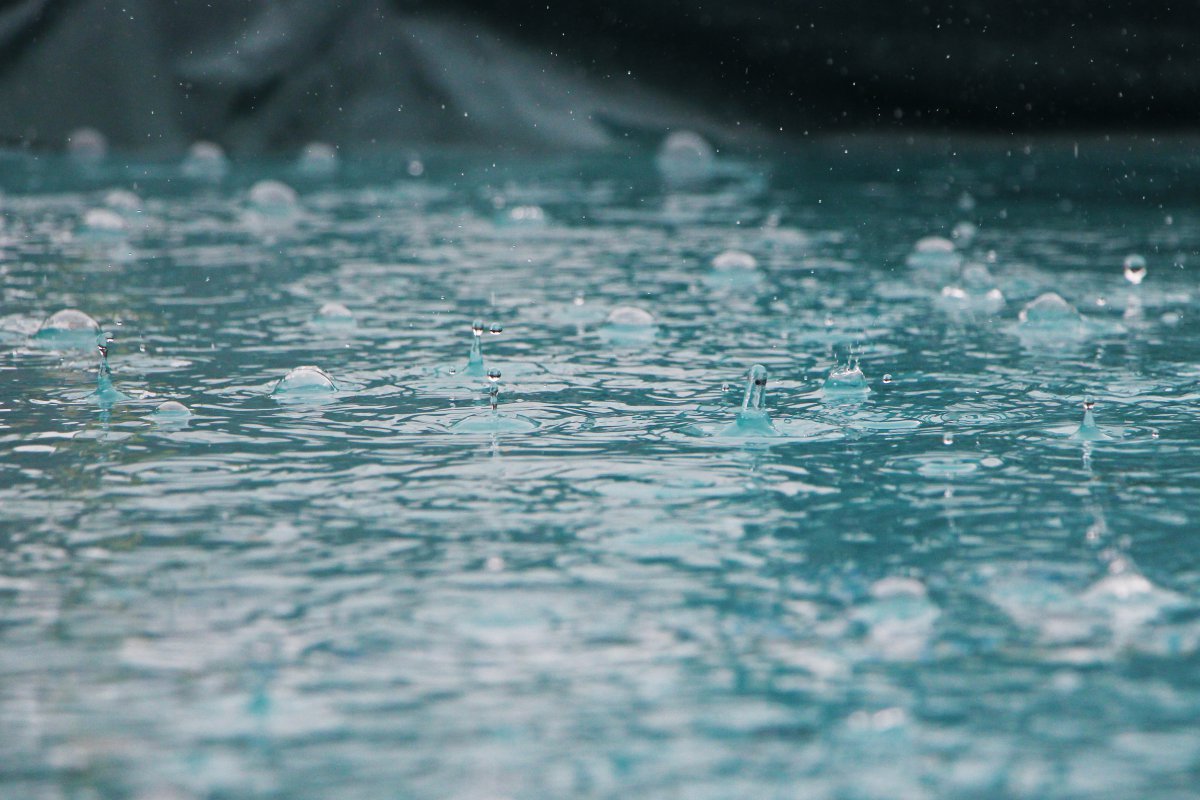
2. Earthquakes
Because of its location, Japan experiences more than a thousand earthquakes each year, and is home to about ten percent of the active volcanoes on Earth. However, these things are not likely to be a danger to you: most earthquakes in the country are incredibly minor, and the frequency of earthquakes is taken into account when buildings are designed. Simply follow the recommended steps when an earthquake occurs, and you should be okay.
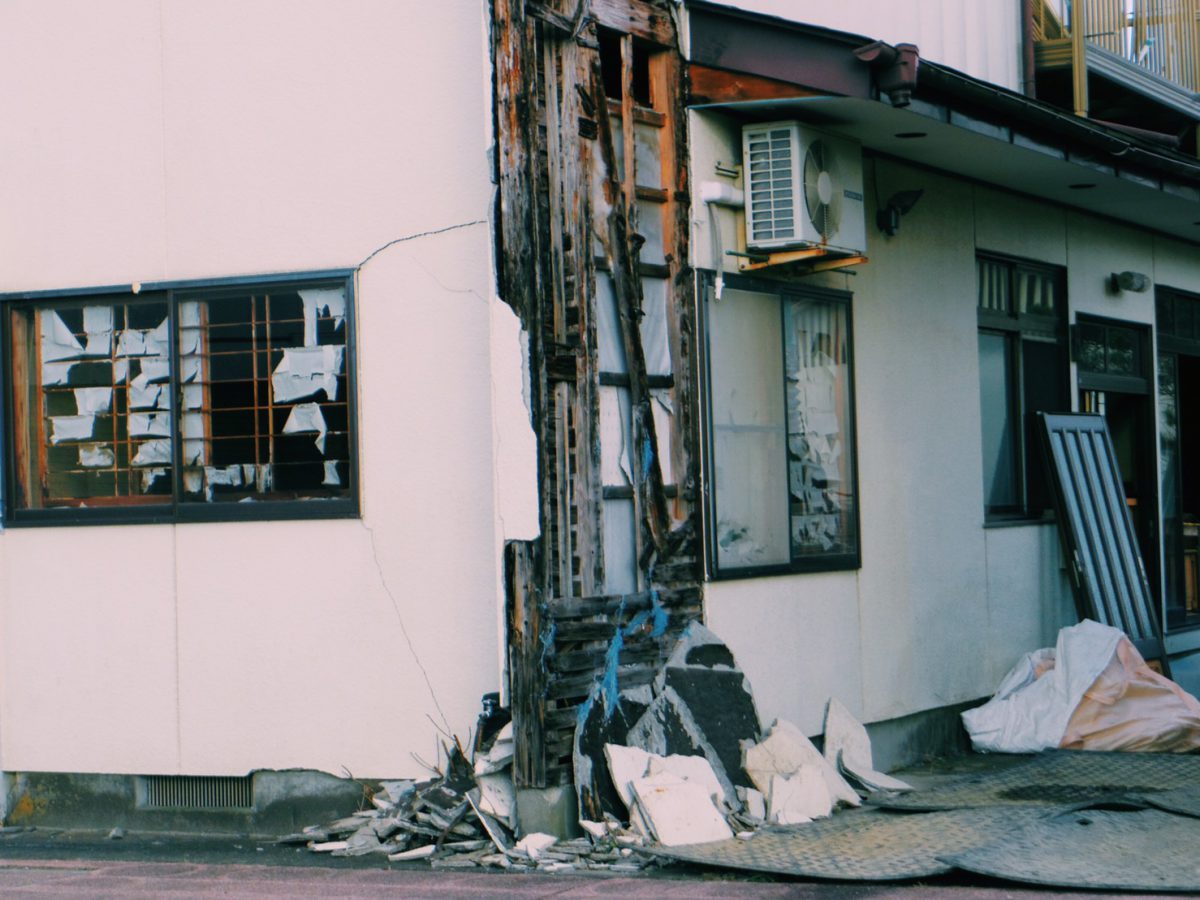
3. Tsunami
Of course, there have been major disasters in Japan, such as the 1995 earthquake in Kobe and the 2011 tsunami, which both killed thousands of people. While these were rare occurrences, it’s a smart idea to be prepared no matter where you are. Traveling with a first aid kit, learning a few key phrases, and keeping emergency numbers with you are always a good idea, regardless of whether you’re on a hiking trip or sticking to major cities.
The disaster in the Fukushima area was a tragedy that changed Japan forever. People still live in this area, and it’s important to contribute to the continued rebuilding of the region. Consider taking a tour of the area to learn more about what happened, how people responded, and what is happening there now, in a safe and responsible way.
Crime in Japan
As stated earlier, crime is less of a danger in Japan than it is in many other countries. You can fall asleep on the train and wake up with all your belongings still on you or even when you forget your bag somewhere, head to the nearest police station (koban) or the last station of the train and often it will be returned to you. However, as with anywhere, con artists can prey on tourists to try and trick them out of their money. If a stranger approaches you and claims to be a member of a religious order or says they work for charity, don’t assume they are telling the truth. Also, don’t accept rides or a tour from someone unless you’ve agreed on a price first. Though pickpocketing is rare, it can happen on crowded trains or when the victim is being distracted by a second person working in a team.
The above are general street scams that can be found anywhere on Earth. The easiest ways to avoid them are to politely decline, keep your valuables protected, and stick with your tour group.
Another type of scam is price gouging. It goes like this: you meet someone on the street who offers to take you to a bar or café. You follow them there and have several drinks, only to be presented with an exorbitant bill, charged outrageous amounts for your drinks. They can also serve especially strong or spiked drinks, then overcharge customers’ credit cards while they’re intoxicated or passed out.
This one is tougher to get out of once the bill has been presented, since you did order the drinks and drink them. The best way to avoid this is not to order anything without knowing how much it is. Again, this scam is found all over the world, so it’s good to be careful no matter where you’re traveling.
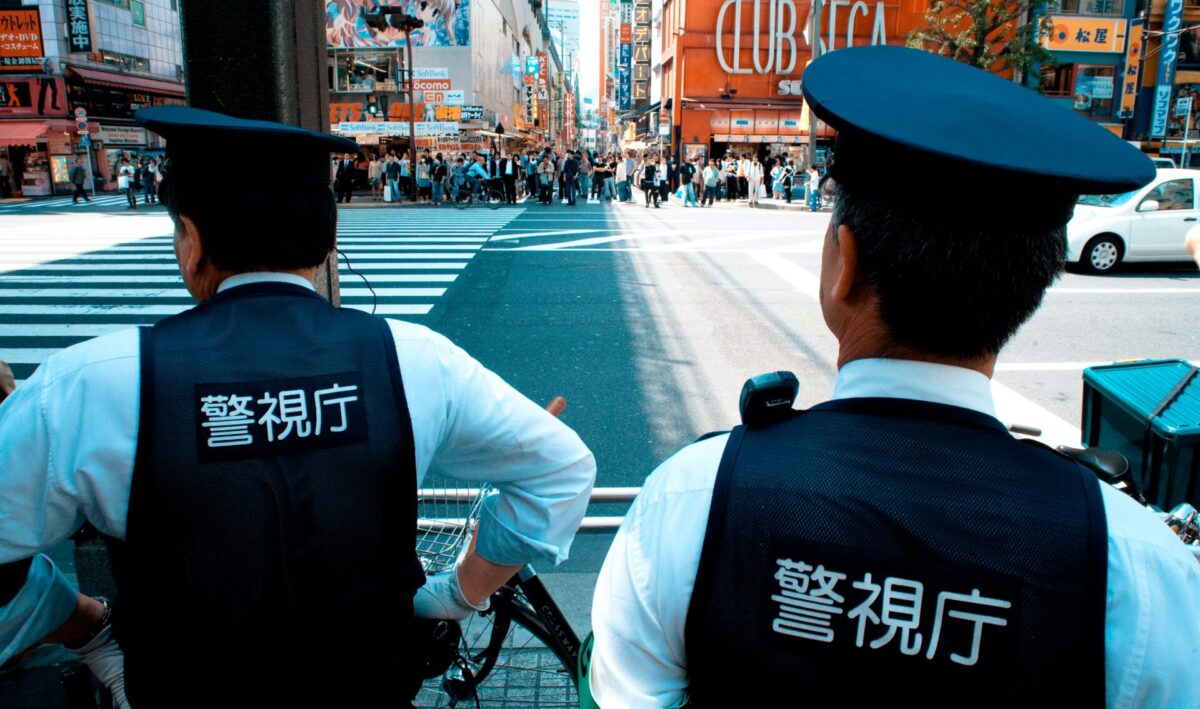
Yakuza
Foreigners have probably heard of the Yakuza from movies and TV. This Japanese version of organized crime does exist, particularly in major cities. However, they generally won’t directly target foreigners because they don’t want to draw the attention of the authorities. Yakuza may be involved in running gambling parlors or bars where the above price gouging scam is run, and can be dangerous. That’s why it’s a good practice to leave any bar where there is a conflict and not engage in fights, because you don’t know who the other person may be associated with. Running into Yakuza is rare and an altercation with the Yakuza is even more rare, but it doesn’t hurt to be careful.
Personal Safety Tips
1. Before you leave
Ahead of your trip, it’s a good idea to:
- Give your itinerary to friends and family, along with hotel contact info, so they’ll know what to do if there’s an emergency.
- Memorise a few friends’ phone numbers just in case you lose your phone.
- Learn your hotel’s policies. If staying at a ryokan or guest house, there may not be anyone at the front desk at night, so ask how to contact someone in an emergency.
- Make sure others know where you’ll be. If you’re going on a camping trip, multi-day hike, bicycle trip, or other outdoor adventure, make sure someone knows where you’re headed and how long you plan to be there.
- Let your credit card companies know you are traveling, and don’t carry too much cash with you at one time (there are ATM’s everywhere in Japan, for example almost all konbini have an atm). Protecting your cash and passport with a money belt is always a good practice no matter where you’re going!
2. When going out at night
Here are some tips for staying safe during a night out:
- Stay with your group, and make sure you don’t leave anyone behind.
- Don’t get into a stranger’s car unless it’s clearly marked as a taxi.
- Don’t wander into an establishment and order drinks or food without first checking the prices.
- Don’t start fights – if there is a disagreement with you and a stranger at a bar, just leave and go somewhere else.
- Avoid anyone making overt promises of sexual activity or drugs. Most drugs are highly illegal in Japan, and anyone offering them is not to be trusted.
- Give each person in your group a piece of paper with the name, address, and phone number of your hotel, so they can get back if you get separated.
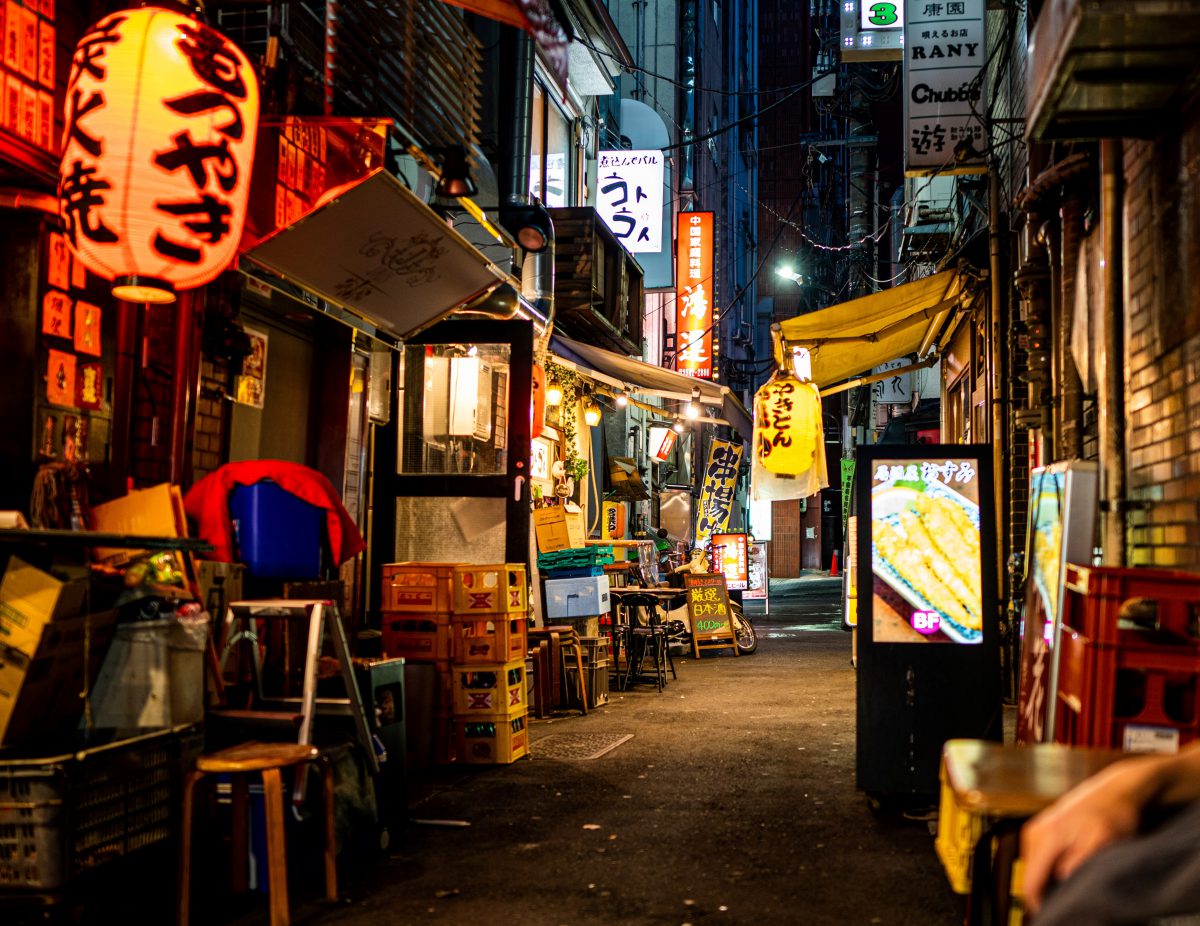
Police in Japan/When to Visit the Koban
If you’ve been the victim of a crime and you’re near your hotel (or any business), you can ask them to call the police. For minor issues, such as a lost wallet, not knowing where you are, or an incident at a bar, you can visit a koban, or police box. These small police stations are often in high-traffic areas where people go out at night, and though the officers may not have a great command of English, they’ll be able to help you.
Here are some symbols to look for:
Koban (Police box)
Byouin (Hospital)
Isha (Doctor)
交番
病院
医者
Here are some key phrases to know:
- Can you please call a taxi?
- Please call the police.
- Where is the police box?
- I need to go to the hospital.
- I need a doctor!
- Takushi o yonde kuremasuka?
- Keisatsu o yonde kudasai.
- Koban wa doko desu ka?
- Byouin ni ikanai to ikemasen.
- O-isha-san ga hitsuyou desu!
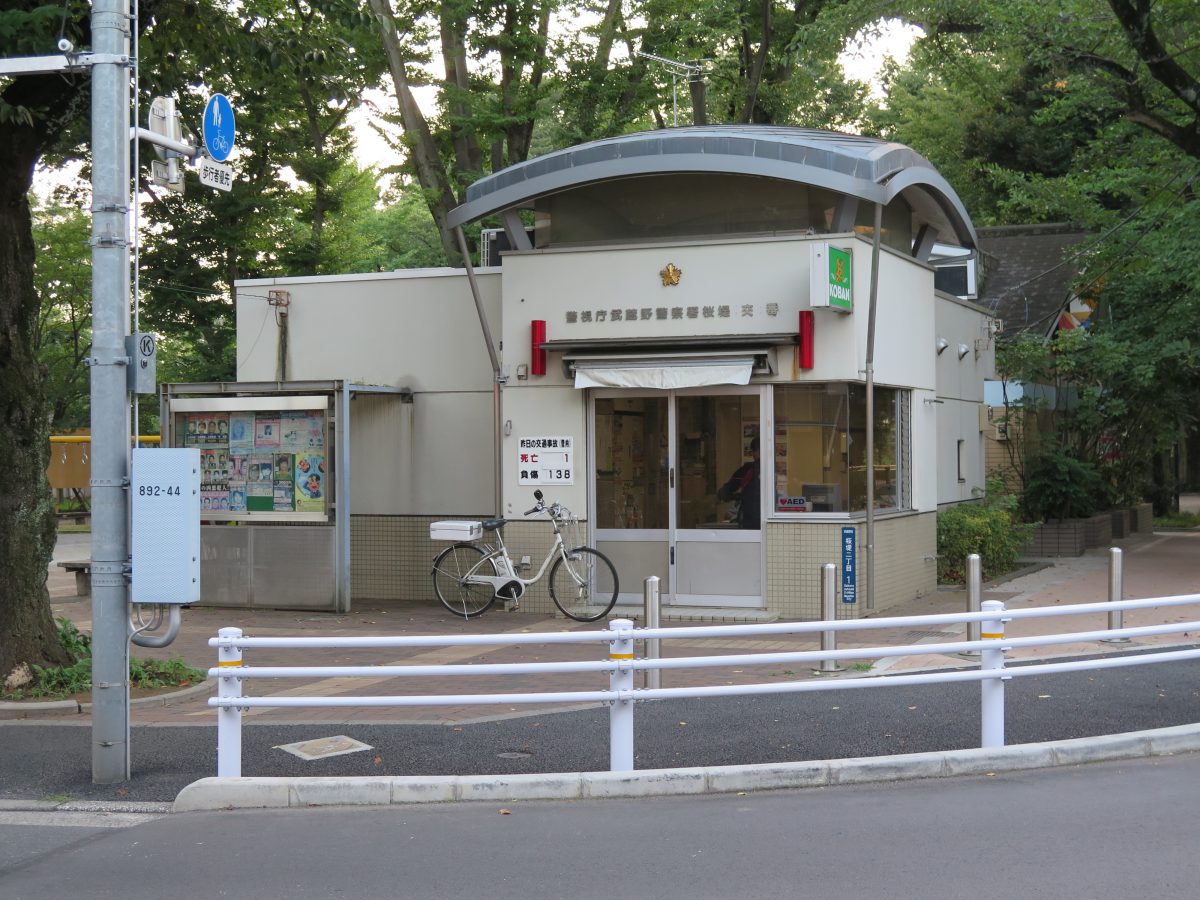
When to Contact Your Embassy
There are some situations where contacting the police or hotel staff won’t be sufficient. In some cases, you may need to talk with someone at an embassy or consulate. It’s a good idea to contact your country’s embassy if:
- You’ve lost your passport
- You don’t have money or credit cards with which to pay for food/hotel/trains
- Someone in your group has gone missing
- You have been accused of a crime
- You’re stranded and unable to return home
- A member of your group has been seriously injured or hospitalized
- There has been an incident which requires legal advice
Embassy contact information
Here are the websites for several English-speaking countries’ embassies and consulates:
- U.S. Embassies & Consulates In Japan
- British Embassy in Japan
- Australian Embassy Japan
- Embassy of Canada to Japan
- New Zealand Embassy Tokyo
- Embassy of Ireland in Japan
It’s a good idea to save your embassy’s contact information in your phone so you can get in touch with them in case of emergency. If you don’t have the information on hand, hotel staff or local law enforcement can likely help you.
It’s important to remember, however, that the embassy is not there to protect you from consequences. Be sure to obey all local laws and respect Japanese people and property. You’ll be in one of the least dangerous countries in the world, so while it’s important to be prepared, you can be confident that Japan is a safe, friendly place; don’t be afraid to explore, interact with the locals, and have a good time!
Follow us on Instagram, Facebook and Twitter for more travel inspiration. Or tag us to get featured!
Happy travelling
Other articles you may like
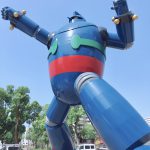
Gregg Maxwell Parker is an author and screenwriter best known for the book Troublemakers. Originally from the United States, he moved to Kobe in 2018. Gregg and his wife, Eriko, are the minds behind the blog As Seen In Japan, where they share pictures and stories from everyday Japanese life. They can be found on Twitter and Instagram.
This post may contain some affiliate links. When you click through and make a purchase we may receive some commission, at no extra costs to you.
